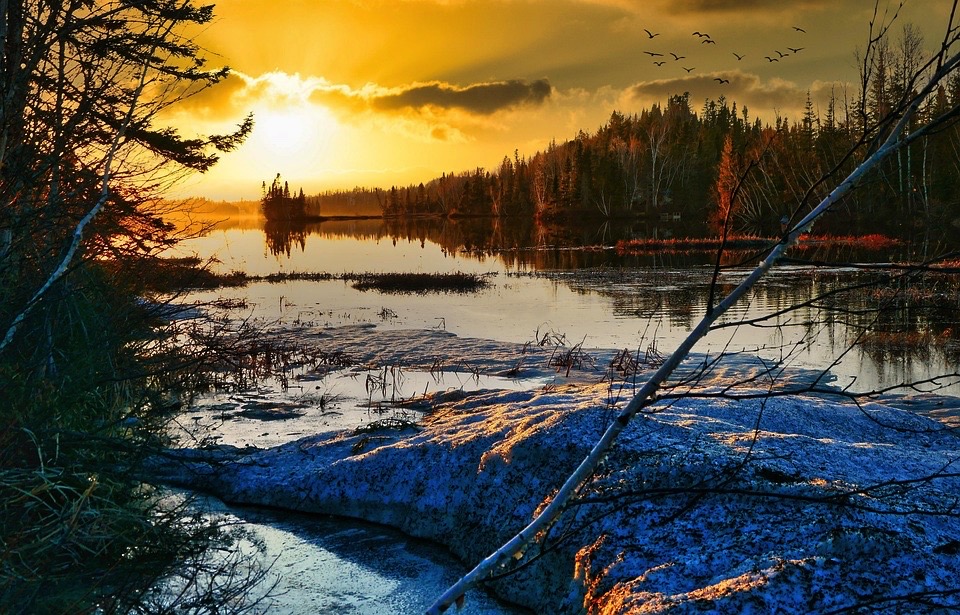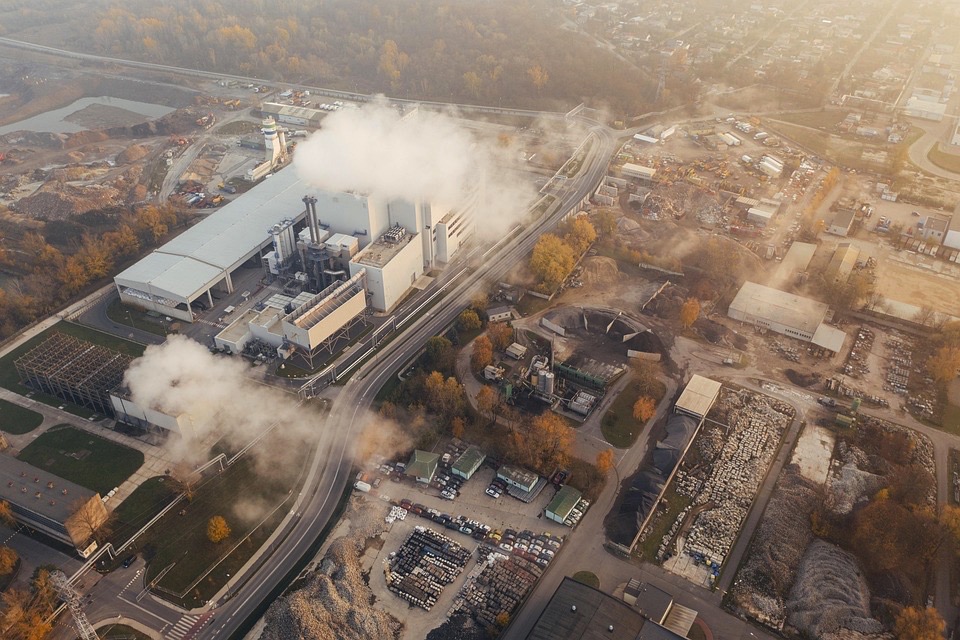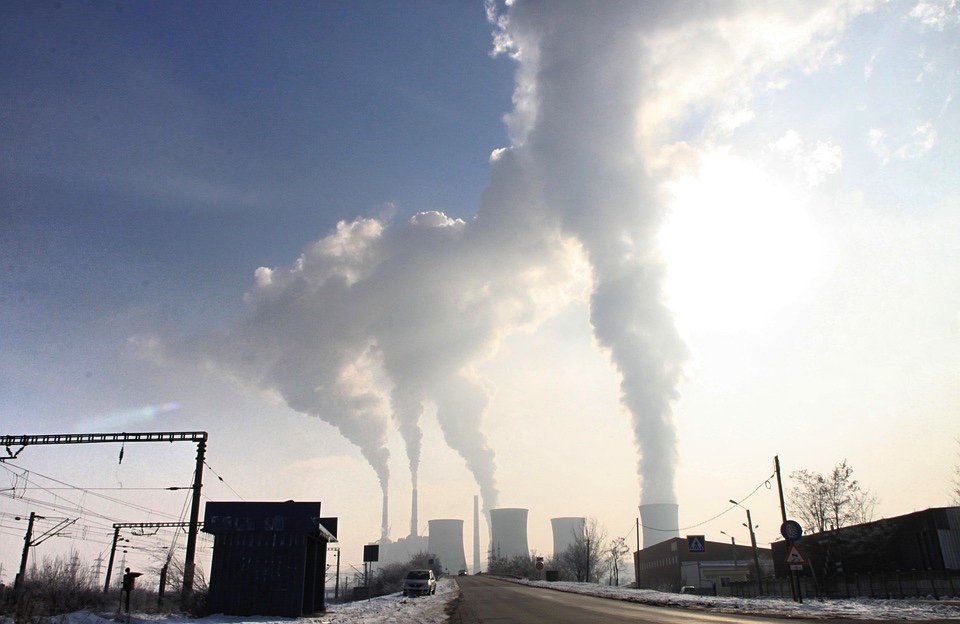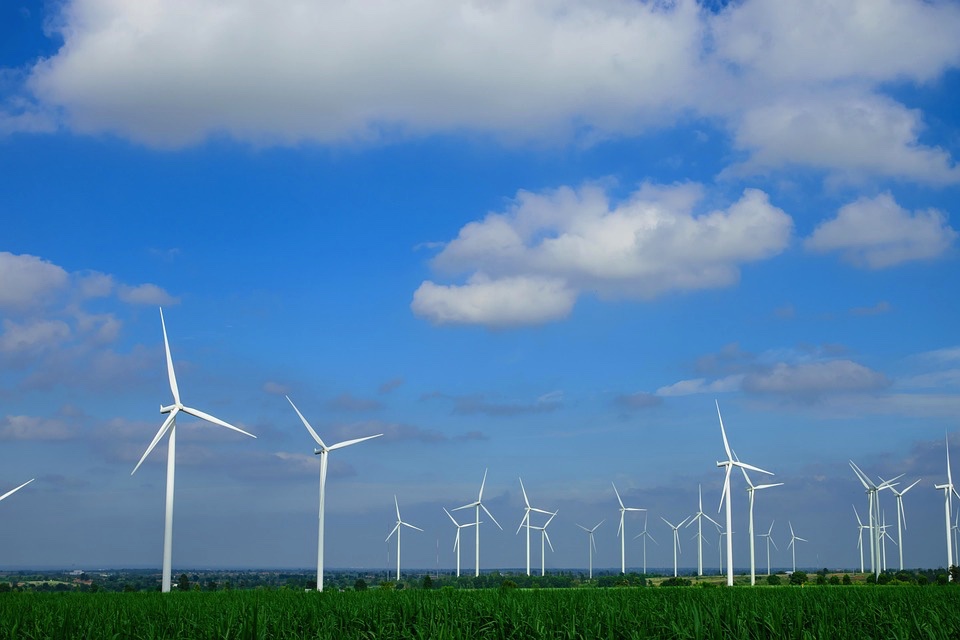
This profound verse from the Quran serves as a timeless reminder of the consequences of human actions on the Earth. The “reducing of borders” (Global Warming- in the Quran) may symbolize the loss of land due to rising sea levels caused by melting ice caps—a direct consequence of global warming. As we witness the alarming effects of climate change, this verse calls us to reflect on our role as stewards of the planet and the urgent need to address this crisis.
“Global Warming- in the Quran: A Divine Warning and Call to Action”
Surah Ar-Ra’d (13:41):
“Do they not see that We are advancing in the land, diminishing it by its borders on all sides? Allah judges, and no one has the power to reverse His judgement.”
This profound verse from the Quran serves as a timeless reminder of the consequences of human actions on the Earth. The “reducing of borders” may symbolize the loss of land due to rising sea levels caused by melting ice caps—a direct consequence of global warming(Global Warming- in the Quran) . As we witness the alarming effects of climate change, this verse calls us to reflect on our role as stewards of the planet and the urgent need to address this crisis.
Table of Contents
Global Warming: A Call to Action for a Sustainable Future

Global warming is one of the most pressing challenges
Global warming is one of the most pressing challenges of our time. It refers to the long-term rise in Earth’s average surface temperature due to human activities, primarily the emission of greenhouse gases like carbon dioxide (CO₂) and methane (CH₄). The consequences of global warming are far-reaching, affecting ecosystems, weather patterns, and human livelihoods. Interestingly, the Quran, revealed over 1,400 years ago, contains verses that resonate with the environmental changes we are witnessing today. In this blog, we’ll explore the causes, impacts, and solutions to this global crisis, while reflecting on the wisdom of the Quran.
What Causes Global Warming?
The primary driver of global warming is the increase in greenhouse gases in the atmosphere. These gases trap heat, leading to a phenomenon known as the “greenhouse effect.” Human activities such as burning fossil fuels (coal, oil, and natural gas), deforestation, and industrial processes have significantly increased the concentration of these gases.

The Impacts of Global Warming
- Rising Temperatures: The Earth’s average temperature has already risen by about 1.1°C since the pre-industrial era. This may seem small, but even a slight increase can have devastating effects.
- Melting Ice and Rising Sea Levels: Glaciers and polar ice caps are melting at an alarming rate, leading to rising sea levels that threaten coastal communities.
- Extreme Weather Events: Global warming intensifies hurricanes, droughts, heatwaves, and heavy rainfall, causing widespread destruction.
- Loss of Biodiversity: Many species are struggling to adapt to the changing climate, leading to habitat loss and extinction.

Quranic Reflections on Environmental Changes
The Quran contains verses that seem to foreshadow the environmental changes we are experiencing today. For example:
- Surah Al-Anbiya (21:44):
“But, [on the contrary], We have provided good things for these [disbelievers] and their fathers until life was prolonged for them. Then do they not see that We set upon the land, reducing it from its borders? So it is they who will overcome?” - Surah Ar-Ra’d (13:41):
“Do they not see that We are advancing in the land, diminishing it by its borders on all sides? Allah judges, and no one has the power to reverse His judgement.”
The “reducing of borders”
These verses can be interpreted as a reminder of how human actions can lead to the degradation of the Earth. The “reducing of borders” may symbolize the loss of land due to rising sea levels caused by melting ice caps—a direct consequence of global warming. It serves as a powerful reminder that Allah (SWT) has given us the responsibility to care for the Earth, and we will be held accountable for our actions.
What Can We Do to Combat Global Warming?
While the situation is dire, there is still hope. Here are some steps we can take to mitigate global warming:
- Transition to Renewable Energy: Solar, wind, and hydropower are clean alternatives to fossil fuels.
- Reduce, Reuse, Recycle: Minimizing waste and adopting sustainable practices can significantly reduce our carbon footprint.
- Protect Forests: Trees absorb CO₂, making reforestation and forest conservation critical.
- Advocate for Policy Change: Support governments and organizations working to implement climate-friendly policies.

Conclusion
Global warming is a complex issue, but it’s one we can address through collective action. The Quranic verses remind us of the delicate balance of the Earth and the consequences of neglecting our responsibility as stewards of the planet. By making sustainable choices and advocating for change, we can protect our planet for future generations. The time to act is now—let’s work together to create a greener, healthier world.
